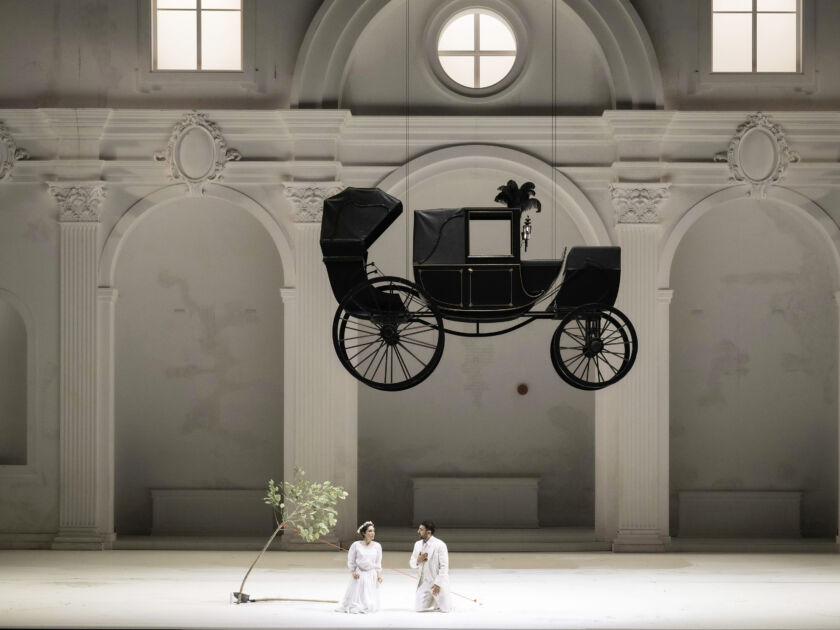
A whimsical director, a vibrant conductor, and a cast of exceptional depth come together for a performance of Don Giovanni at the Salzburg Festspiele—According to Wagner, the “opera of all operas”—returning to the festival stage for the second time in three years. The anticipation is palpable, with curiosity giving way to outright excitement. After an evening of rare intensity, one emerges from the theater a bit dazed, partly in awe, thoroughly satisfied, intrigued by some choices, and downright surprised by others. Isn’t this the very recipe for an unforgettable night at the opera? And isn’t that exactly what we come for as spectators?
The staging dazzles with its eclecticism, all while maintaining a clear and compelling narrative thread. What a stroke of genius to have Ottavio switch costumes and roles with nearly every entrance—sometimes a crusading clown, sometimes a fallen emperor, sometimes a dignitary. The aesthetic choices are stunning, particularly the wedding scene at the start of Act I, and the clever handling of the Commandeur character, who haunts Don Giovanni’s mind in the final scene, heightening the self-destructive nature of the protagonist.
But, as with all bold visions, there are moments that perplex. Some details, like the countless basketballs in various scenes, feel trivial, and some moments verge on the vulgar—Donna Anna’s solo in Act I comes to mind—yet this is pure Romeo Castellucci: brilliant, creative, and yes, a bit disorienting.
Add Teodor Currentzis at the helm, and you get a performance that is nothing short of unforgettable. The synergy with the orchestra is remarkable, the overall vision breathtaking, with an unwavering attention to detail. The energy, dynamism, and passion are electric. Even if Don Giovanni is part of your daily listening, this performance reveals new details, presenting familiar passages in a fresh light. The initial duet between Don Ottavio and Donna Anna brims with tension and energy, and the quartet “Non ti fidar” is executed with exquisite delicacy.
Yet, with such a high level of creativity, some choices inevitably puzzle: the sudden illumination and abrupt rise of the orchestra pit at the opening chords of “Fin ch’han dal vino,” thrusting the conductor and orchestra into the spotlight, creates a surprising spectacle, though it somewhat disrupts the immersion in the opera. But when the direction is this electric, the result this wild and thrilling, it’s hard to hold it against the maestro. In every way, this is classic Currentzis.
As for the singers, there are few, if any, reservations. Most are seasoned Mozartians, already intimately familiar with this masterpiece. Davide Luciano masterfully captures Don Giovanni’s slow decline. His firm yet flexible voice gives him the versatility needed for one of the most complex characters in the repertoire. His “Fin ch’han dal vino” is fierce, while his “Deh vieni” is smooth and sensual.

Kyle Ketelsen is a perfect Leporello—no surprise, given how often he inhabits this role, as well as Don Giovanni. His deep understanding of the work allows him to adapt perfectly to this challenging production, shining in his solos, especially the “Catalogue Aria,” and delivering a superb performance in the ensemble moments. Leporello is a delight, especially when performed with such skill!
Donna Anna is brought to life by Nadezhda Pavlova, whose pianissimi contrast beautifully with her fierce fortes. Her two solos are captivating, as is her initial duet with Don Ottavio—rarely sung with such fiery passion and vengeful intensity. Julian Prégardien portrays Don Ottavio convincingly, with warm, refined midrange tones. His two solos are particularly enjoyable, especially “Dalla sua pace,” sung with the tenderness and delicacy it demands.
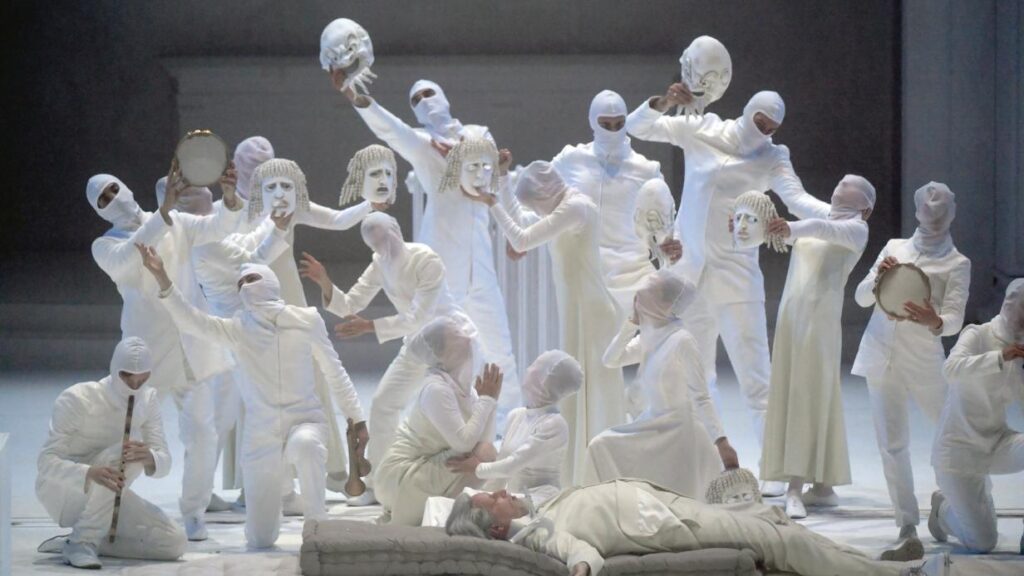
Federica Lombardi dazzles with a rich timbre that we’ve come to appreciate more and more with each passing season. Her Donna Elvira is virtuosic and emotionally raw, alternating between brilliant moments—her “Mi tradi” is sung in a single breath—and delicate sequences—what a beautiful trio of the masks!
Castellucci’s Zerlina is particularly sensual and agile, a role that Anna El-Khashem’s voice and acting embody faithfully. The young Russian-Lebanese soprano, a revelation of the evening, wins over the audience with her two solos and her vocal and theatrical engagement in the numerous ensemble scenes. A stunning achievement amid such a distinguished cast, and we eagerly await hearing her again.
Her partner Masetto, played by Ruben Drole, impresses with his deep and distinctive voice, elevating the character beyond the usual secondary or even tertiary role it’s often relegated to. Dmitry Ulyanov rounds out the cast, and though we only see him briefly on stage, his portrayal of the Commandeur is everything it should be: powerful, almost brassy, and imposing.
The evening promised surprises, both delightful and less so—and anything less would have been disappointing. We were thoroughly entertained, and the uniformly high quality of the cast places this performance among the most memorable opera experiences. Thank you, Salzburg—viva l’opera, and viva Mozart!
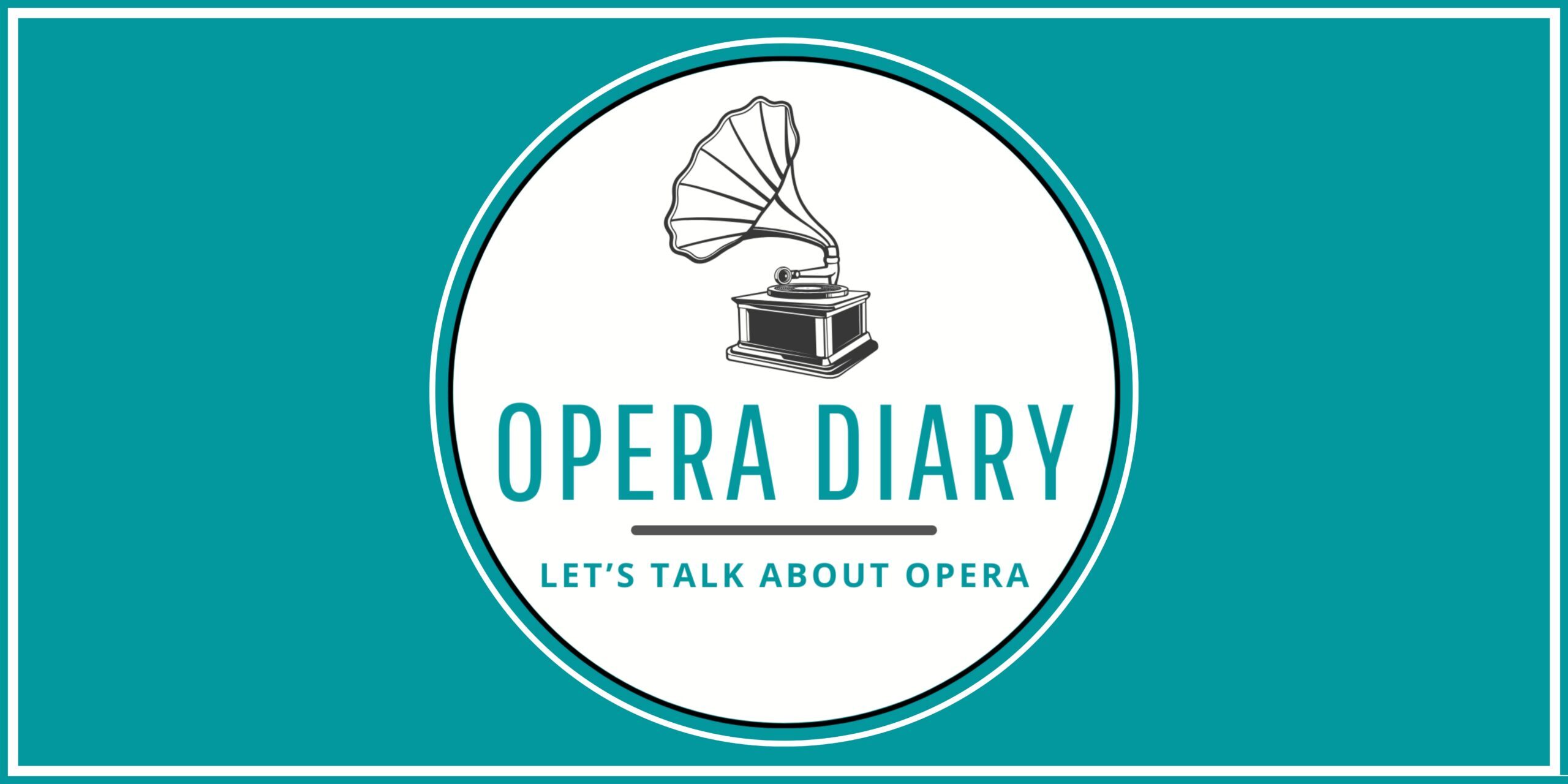

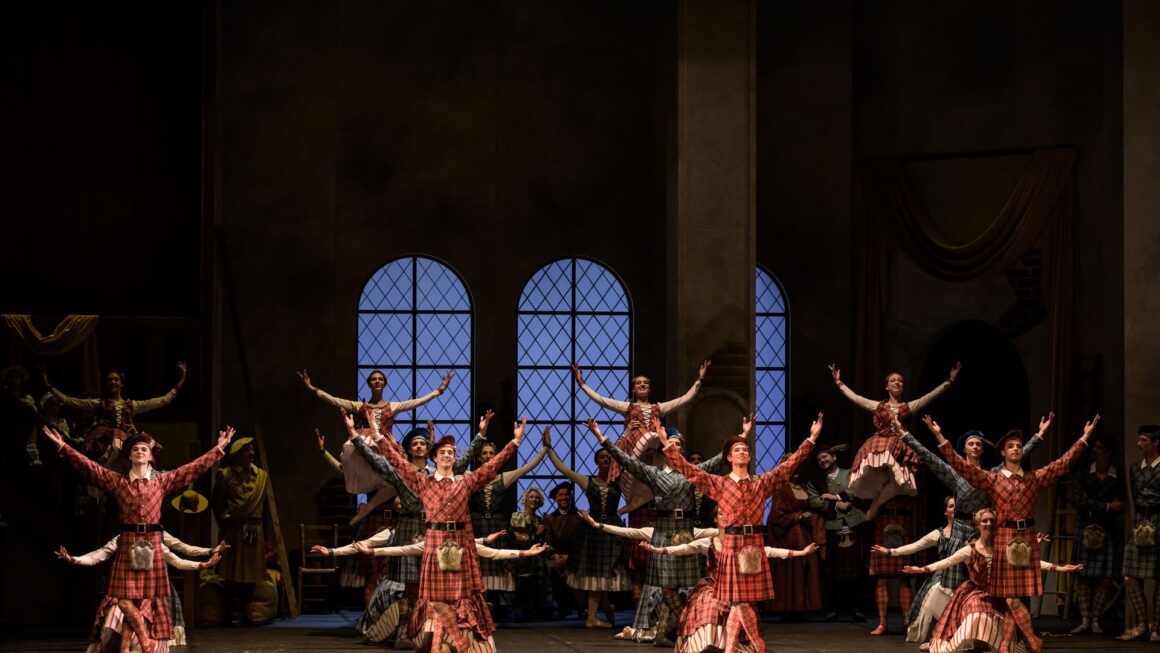
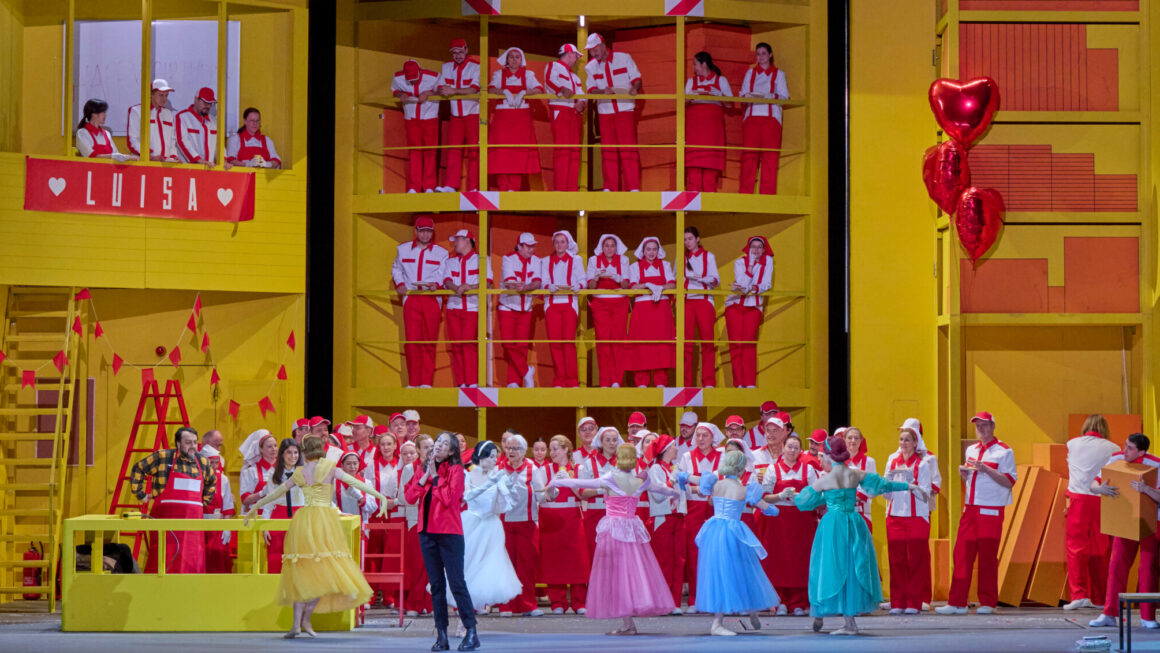
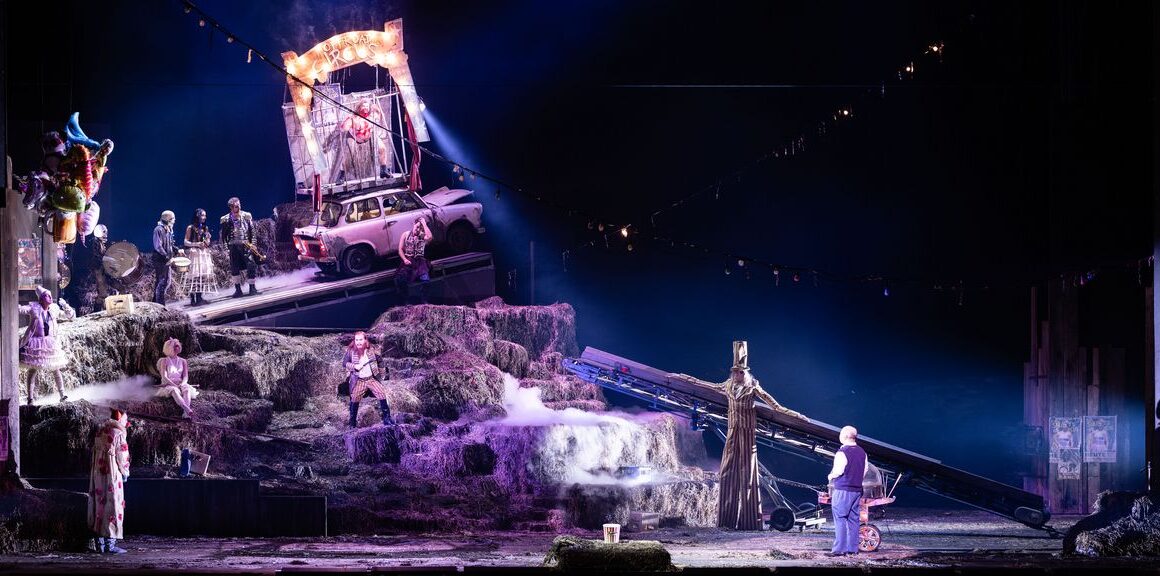
One thought on “DON GIOVANNI | Salzburger Festspiele”